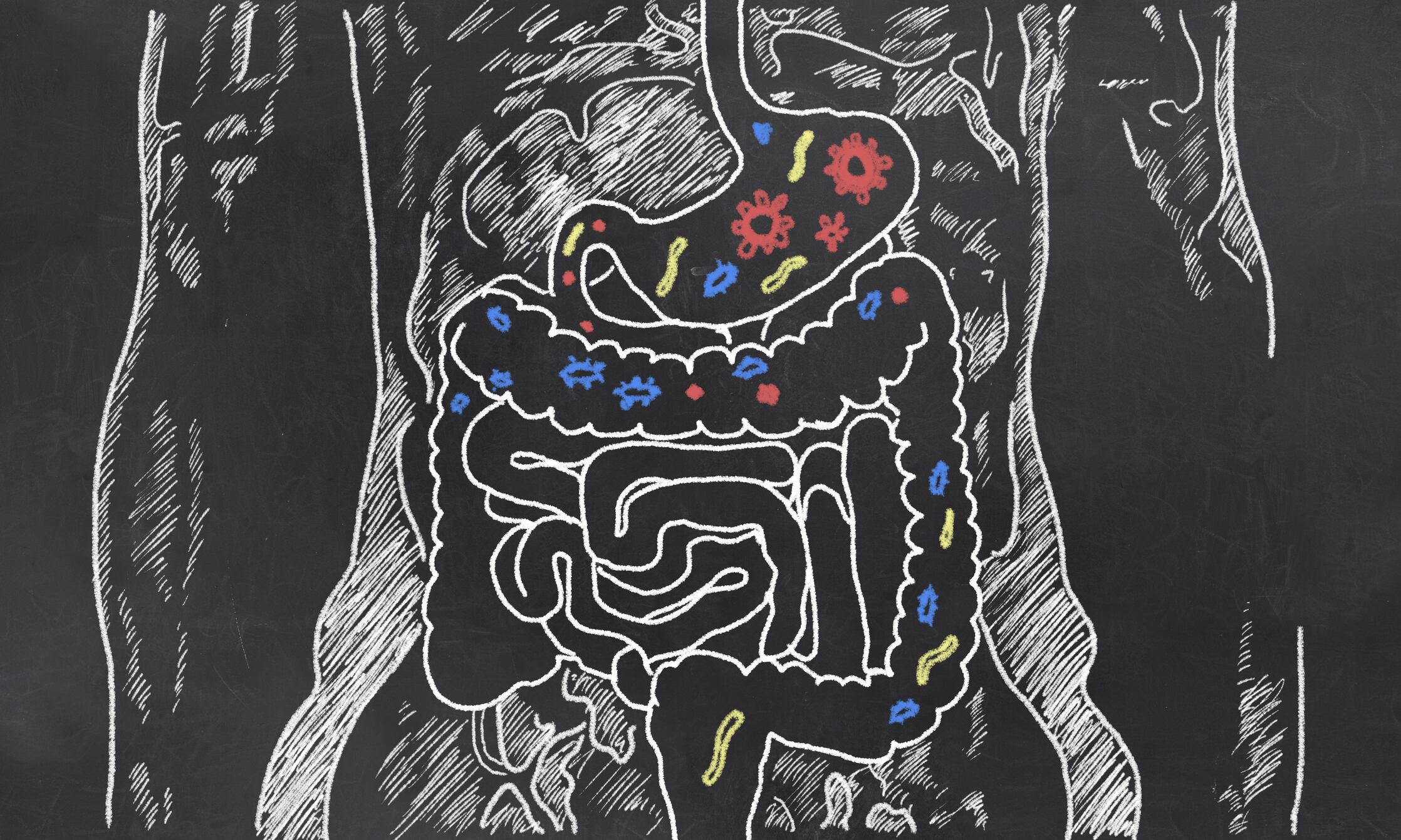The company announced the launch of Prebilac at the recent SupplySide West show in Las Vegas. The ingredient was developed in partnership with biotechnology firm Glycosyn, which granted BASF the exclusive license of its HMO patent portfolio for gut health that extends beyond infant nutrition to gastrointestinal health.
While the majority of the science to date has focused on the role of HMOs and 2’-FL in infants, BASF is exploring the potential of the ingredient in adults.
“This really plays in to the consumer trend for ‘natural’,” explained Mareike Katharina Kampmann, BASF Global Marketing Manger Human Nutrition (Dietary Supplements). “What is more natural than a molecule produce by a mother for her child? This is a mother’s gift.”
The purported health benefits of 2’-FL include digestive health, immune support, and cognitive development by modifying the gut microbiota.
“HMOs differ in structure to anything else on the market”
HMOs are a unique set of carbohydrates, explained Dr Ardythe Morrow, professor of pediatrics at Cincinnati Children's Hospital Medical Center within the University of Cincinnati College of Medicine, during a BASF-sponsored presentation at the recent SupplySide West.
They represent 10% of the dry weight of mother’s milk, and there are over 200 different HMOs. 2’-FL (2’-fucosyllactose) is the most abundant HMO in breast milk and the most studied, added Dr Morrow.
“HMOs differ in structure to anything else on the market,” she said. “They’re much different to FOS and GOS. They’re the hot new thing.”

The majority of the science to date has focused on infants, with a study published in Gut (He et al., 2016, Vol. 65, pp. 33–46) by scientists from Harvard Medical School indicated that 2’-FL could reduce the inflammatory response to pathogenic bacteria. In addition, a 2017 paper in the Journal of Pediatric Gastroenterology and Nutrition (Puccio et al., Vol. 64, pp. 624–631) reported that infants fed formula with 2′-FL and lacto-N-neotetraose (LNnT), another HMO, had lower levels of bronchitis and required fewer antibiotics.
In addition, results of a study published in the Journal of Nutrition in 2016 by scientists at Abbott Nutrition found that infants fed a formula with 2’-FL had levels of inflammatory cytokines similar to those observed for breast feeding, and significantly lower than those observed for infants fed a control formula containing no 2’-FL.
However, there is some data on the potential benefits in adults, with a 2016 study published in the British Journal of Nutrition (Elison et al. Vol. 116, pp. 1356-1368) concluding: “HMO supplementation specifically modified the adult gut microbiota with the primary impact being substantial increases in relative abundance of Actinobacteria and Bifidobacterium in particular and a reduction in relative abundance of Firmicutes and Proteobacteria.”
The University of Cincinnati is currently recruiting participants for a pilot and feasibility study of 2'-FL as a dietary supplement in IBD patients. The study will examine the effects of 1, 5, or 10 gm 2'-FL (vs placebo) as a dietary supplement in pediatric and young adult IBD patients.
At the other end of the age spectrum, the bifidogenic effects of HMOs may also make these prebiotics interesting to aging populations, which are characterized by declining Bifidobacteria levels. While this is something BASF will explore in the future, it is not currently a focus for the company, explained Yoram Barak, Scientific Marketing Manager-Human Nutrition & Health at BASF.
Prebiotics are defined as "non-digestible substances that provide a beneficial physiological effect on the host by selectively stimulating the favorable growth or activity of a limited number of indigenous bacteria".


